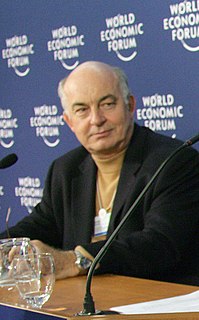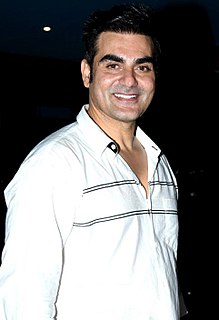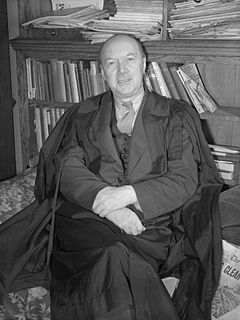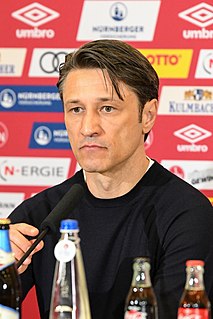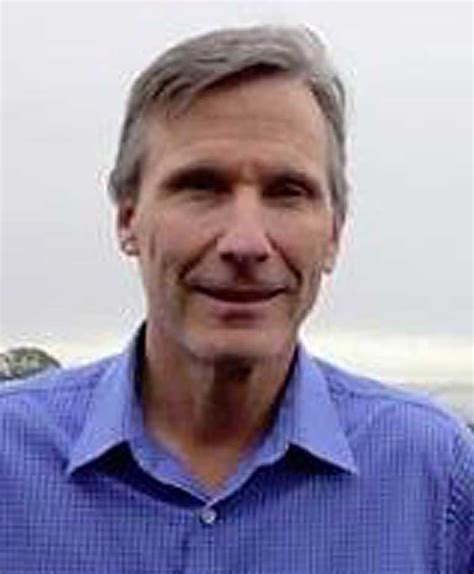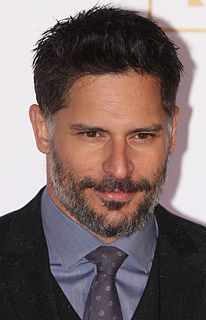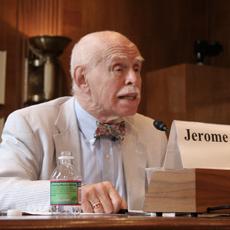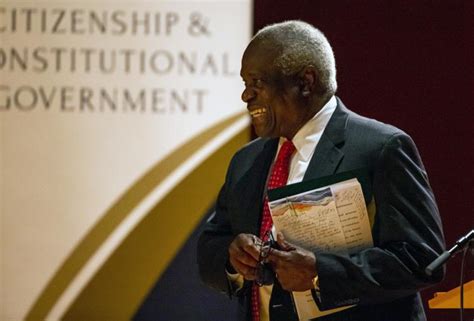A Quote by Gary Locke
On top of my to-do list in preparing for Beijing is 'On China' by Henry Kissinger, who has had firsthand experience with every top Chinese leader since Mao, so his insights are valuable and his access is perhaps unrivaled.
Related Quotes
Chairman Mao was after all a principal founder of the Chinese Communist Party and the People's Republic of China. In evaluating his merits and mistakes, we hold that his mistakes were only secondary. What he did for the Chinese people can never be erased. In our hearts we Chinese will always cherish him as a founder of our Party and our state.
An old essay by John Updike begins, 'We live in an era of gratuitous inventions and negative improvements.' That language is general and abstract, near the top of the ladder. It provokes our thinking, but what concrete evidence leads Updike to his conclusion ? The answer is in his second sentence : 'Consider the beer can.' To be even more specific, Updike was complaining that the invention of the pop-top ruined the aesthetic experience of drinking beer. 'Pop-top' and 'beer' are at the bottom of the ladder, 'aesthetic experience' at the top.
Heat radiated off Henry's face. Salty snot ran down his upper lip. A majestic fart propelled him to the top of Section 12, just at the springing of the stadium's curve. He slapped the sign as if high-fiving a teammate. It gave back a game shudder. He was crusing now, darkness be damned, stripping off his sweatshirt and his long underwear top without breaking stride.
The mark of an educated man is not in his boast that he has built his mountain of facts and has stood on top of it, but in his admission that there may be other peaks in the same range with men on top of them, and that, though their views of the landscape may be different from his, they are none the less legitimate.
Kissinger's unusually high body count and singular moral imperiousness has the effect, among his critics, of obscuring his didactic utility. An outsized personality who has committed outsized mayhem, Kissinger eclipses his own context. Yet, as animals were to the anthropologist Claude Levi-Strauss, Kissinger is good to think with.
David Ayer was put on my map, at that point, and I always kept note and clocked his career. When he started directing, I saw Harsh Times, I saw Street Kings and I saw End of Watch. I gave my agents a list of directors that I wanted to work with, and at the top of that list was David. I wanted to have that experience.
First, there was Confucius. Then, the sayings of Chairman Mao. And now the pithy, ironic, and humorous insights of Ai Weiwei. I thoroughly enjoyed reading this collection, which reflects a well-developed philosophy as well as a keen understanding of the Chinese Communist system. This is China made easy and interesting.

